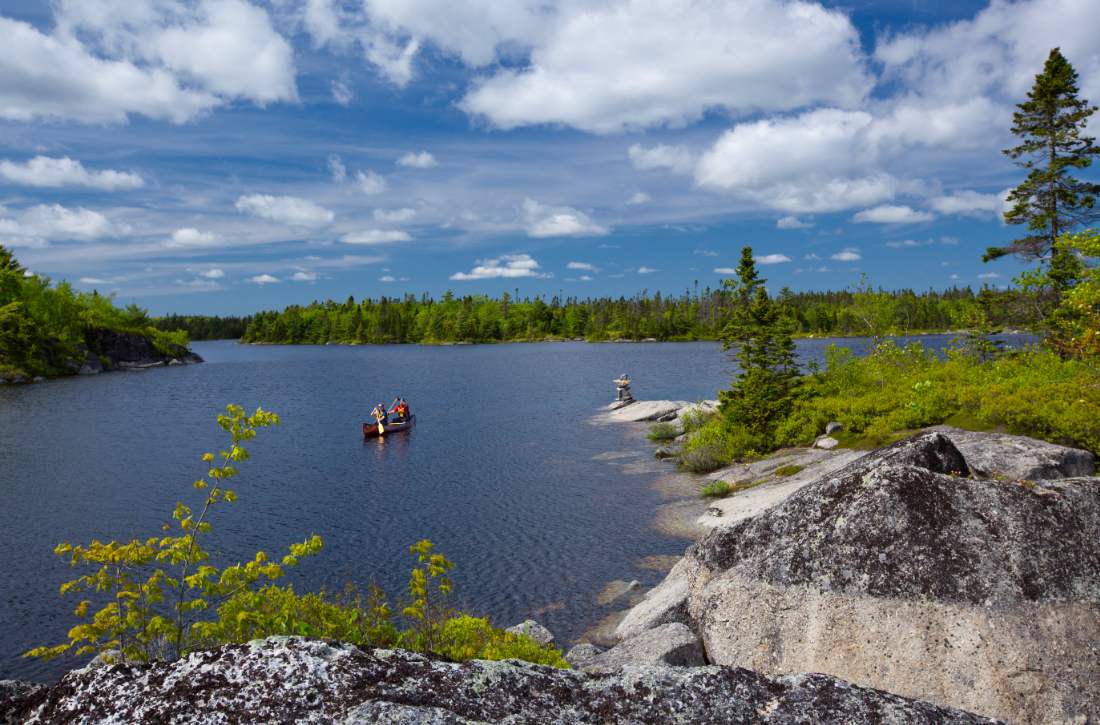
The Nova Scotia power generating station at Tufts Cove on the Dartmouth waterfront.
While most Nova Scotians were getting ready to celebrate the last long weekend of summer, executives at Emera Inc. were stuck in the office working late on Friday.
Don’t feel too bad, though, the hard-working executives at Emera are richly rewarded. CEO Chris Huskilson earned a cool $4.6 million last year, so it’s not unreasonable to expect him to put in a few hours of overtime – even on a Friday before Labour Day weekend.
Emera, which is the parent company of Nova Scotia’s venerable electrical utility, was announcing a bit of a milestone. It had a conference call at 7 p.m. Friday evening, but once that conference call was over, I’m hoping that they popped the cork on a bottle of champagne (or better yet, Nova 7) and celebrated.
On Friday, Emera Inc. doubled in size. It purchased Florida-based TECO Energy Inc. for $10.4 billion, a price that includes $6.5 billion for the company and the assumption of $3.9 billion in debt, according to Bloomberg. TECO investors will receive $27.55 per share – a 48 per cent premium based on the company’s July 15 closing price.
It is Emera’s biggest purchase and means that it will have assets of $20 billion, with U.S. operations making up 71 per cent of its earnings.
Timothy Winter, an analyst at Gabelli & Co. in Rye, N.Y., gave an interesting quote to Bloomberg on Friday.
“It is a healthy price,” he said before adding that Emera, along with other Canadian utilities show a common trait when making foreign acquisitions: They “tend to pay a reasonable price to make shareholders happy.”
Isn’t that nice? Not only does Emera Inc. ensure that its shareholders are happy, they make sure that when they takeover an electrical utility in Florida, their shareholders are happy, too. Print that quote off and when that cold north wind blows this winter, read it to get that nice warm fuzzy feeling you won’t get from your electric baseboard heater.
It’s an amazing move for the once little-holding company that could, so I wondered why they issued their news release at 4:45 p.m. on Friday before a long weekend. This isn’t the sort of deal that gets whipped up in an afternoon or even a week, so I know that the timing of that release was carefully chosen.
Cynical journalists have long suspected that people trying to hide “bad news” always release it on the Friday afternoon before a long weekend. Since I cannot imagine why Emera would want to downplay its purchase of TECO Energy, I am left to assume that this is just another example of Canadian modesty.
Instead of trumpeting their corporate exploit, the demure Emera executives chose to time the announcement for when it would generate the least amount of news coverage. No doubt, they must have been blushing when they still received attention from the CBC, The Chronicle Herald, Bloomberg, and the Tampa Bay Times.
Emera Inc. is an amazing and improbable success story that would make Rumpelstiltskin proud. Rumpelstiltskin, an imp-like creature who could spin straw into gold in the Brothers Grimm fairy tale, would admire Huskilson, the genius who orchestrated the latter stages of Nova Scotia Power’s transition from a money-losing Crown corporation that amassed $4 billion in debt to what it is today, just 23 years after privatization.
Thankfully, Nova Scotian taxpayers were off the hook for that debt as it netted about $4 billion from the sale of Nova Scotia Power in 1992, but wouldn’t it be great if instead of a Florida utility’s debt getting paid off, some of Nova Scotia’s $15-billion provincial debt could have been paid? And wouldn’t it also be great if instead of investing in foreign utilities, Emera would invest in Nova Scotia and accelerate Nova Scotia’s Power’s switch to renewable energy?
There’s no doubt in my mind that unless it was freed from bureaucratic shackles, Nova Scotia Power would not have become the revenue-generating entity that it is today. There is also no doubt in my mind that were it not for legal requirements to generate renewable energy, the utility would have continued burning coal – or whatever fuel was cheapest – regardless of the consequences to the environment and the climate.
So, while global warming forces people in Florida to either crank up their air conditioners or run sump pumps to empty their flooded basements after yet another hurricane, be confident in the knowledge that a Nova Scotia-based company is making money for Emera shareholders off of that. Remember, too, that while Nova Scotia Power’s rate of return is regulated, the effect of carbon dioxide in the atmosphere is not and that global warming continues unabated. While ocean levels are rising, the water in the ocean is getting more acidic because it is absorbing more carbon, and glaciers are melting, the switch to renewable energy lags behind where it needs to be.
Finally, when you get that disconnection notice in the mail this winter, don’t seethe with anger. Suck it up and pay it off, even if it means going hungry or not buying warm winter coats for your kids.
You are supporting that once-little holding company that could. Channel your inner jingoist and revel in the fact that a Canadian-based company has bought a big American utility like TECO Energy and is now one of the 20 largest energy utilities in North America.
I’m sure Emera won’t stop there, either. It is building an empire that could potentially span the globe, or at least the parts of it that don’t have salty fog.








